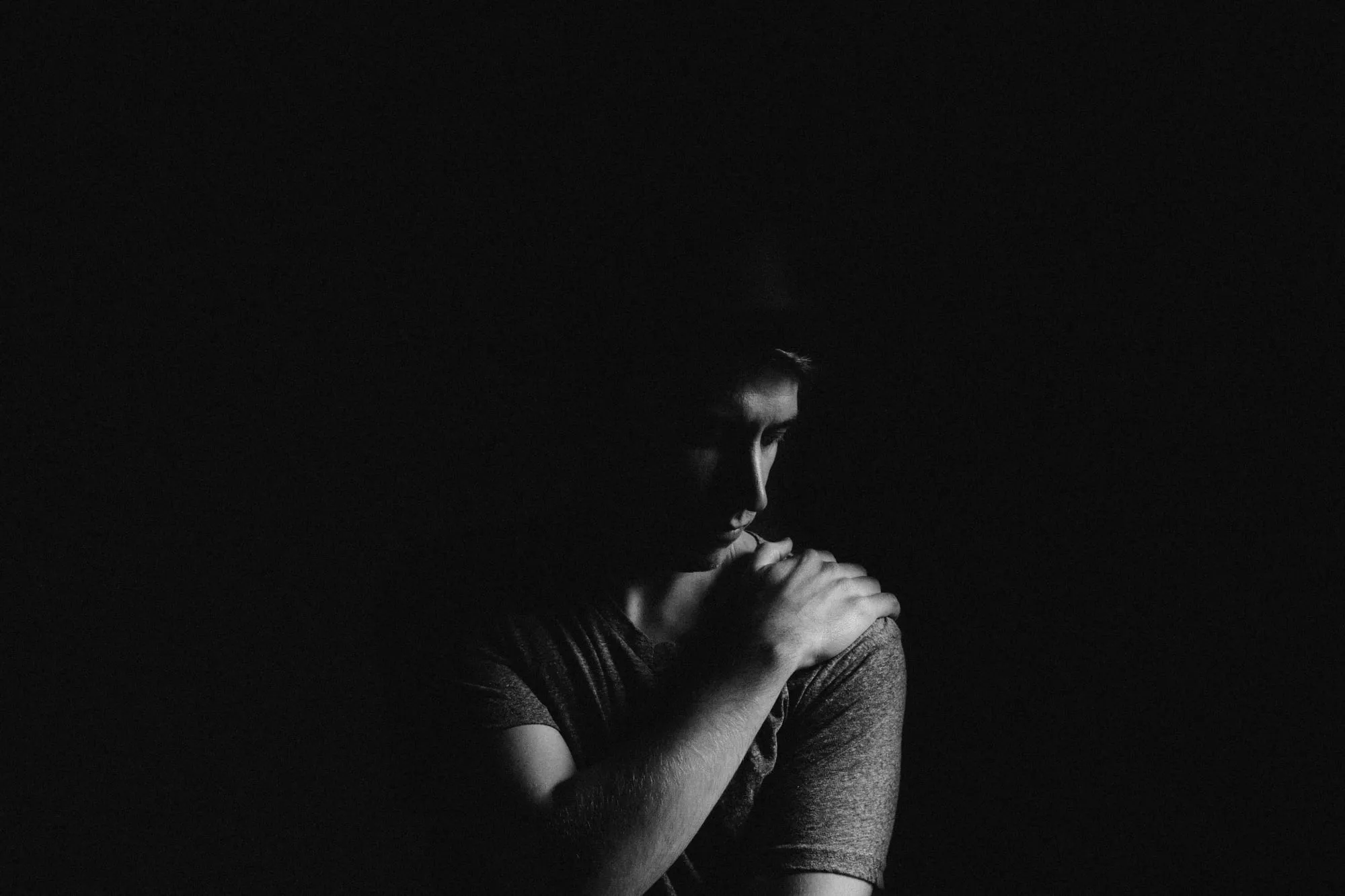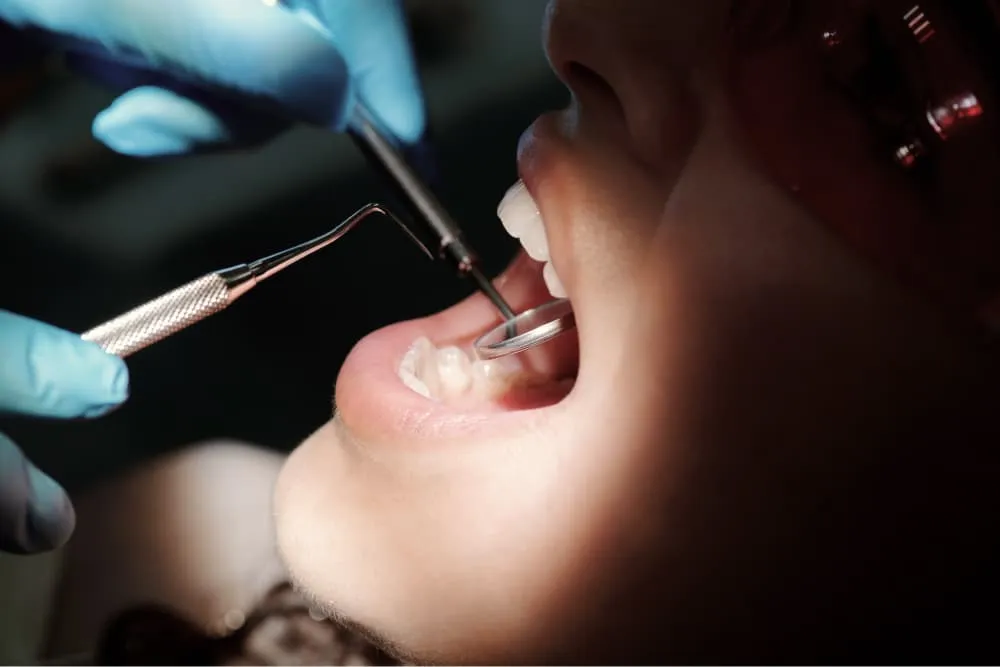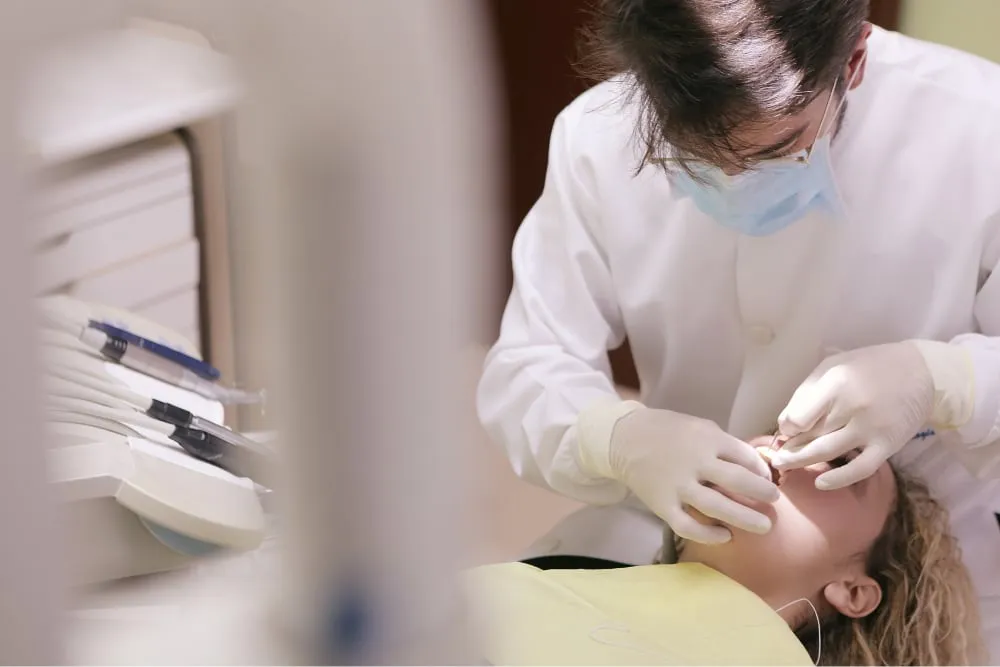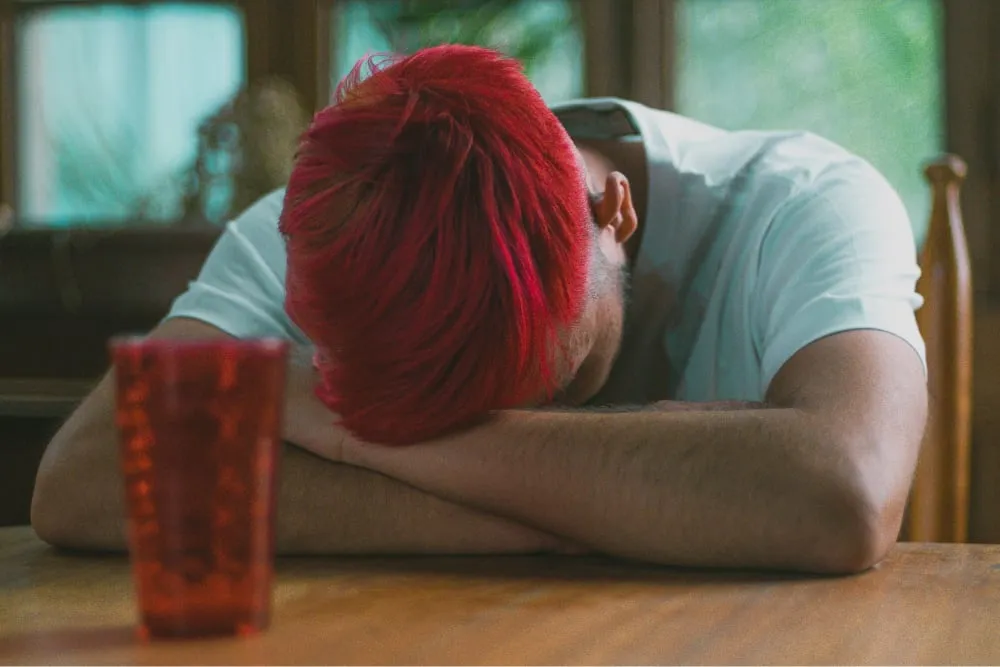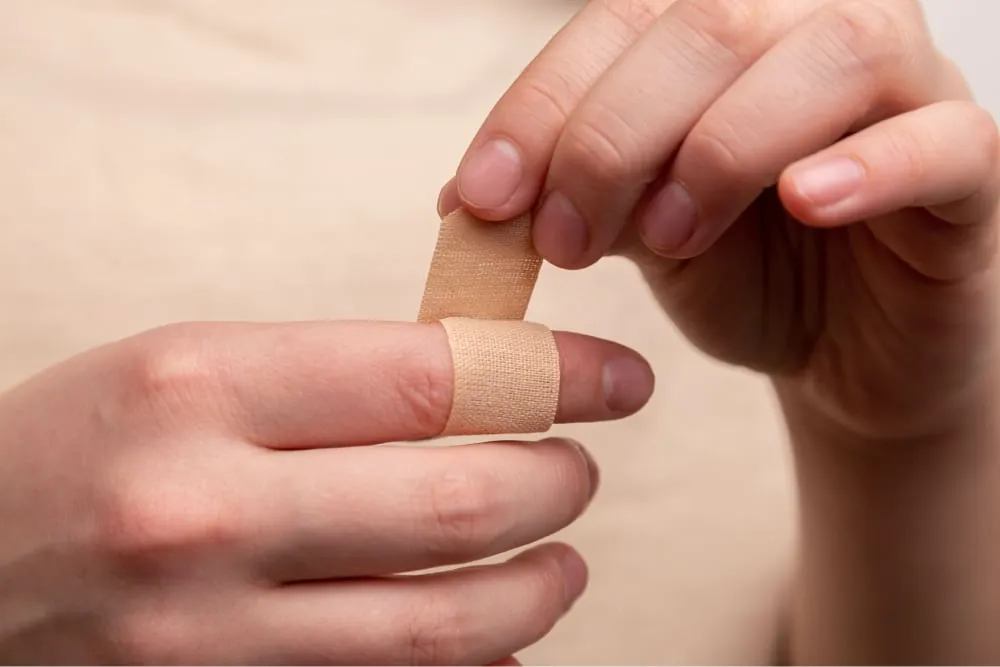What causes bulimia blood in vomit?
Bulimia nervosa is an eating disorder characterized most commonly by the purging behavior of self-induced vomiting, which usually occurs after an episode of binge eating. Repeated and recurring episodes of forced vomiting can be extremely harsh on the body, particularly the esophagus and the throat.1
The esophagus is the tube of muscle that connects the mouth to the stomach. The blood vessels in the esophagus are thinner than those in other parts of the body, so they are more prone to rupturing through excessive pressure.
Regularly forcing large amounts of food back up the esophagus increases the pressure on the blood vessels, causing them to swell and rupture, which can result in bleeding. This is what leads to the appearance of bright red blood in vomit, and it is known as esophageal varices or swollen veins.1
The signs and symptoms of esophageal varices are not limited to hematemesis (blood in vomit). They also include:
1 - Bloody stools
- Black stools
- Abdominal pain
- Lightheadedness
- Fainting or shock due to blood loss
- Fatigue
- Sore throat
Frequent vomiting can also cause tears in the lining of the esophagus, known as Mallory-Weiss syndrome. This, too, results in bleeding, which can be severe and life-threatening.2
The symptoms of Mallory-Weiss syndrome are similar to those of esophageal varices, with the addition of diarrhea and vomit that is bright red or looks like coffee grounds.3
You might be interested in
When to seek medical treatment for bleeding
If you or someone you know has experienced blood in their vomit after a purging episode, it's important to seek immediate medical treatment.
Esophageal varices or Mallory-Weiss syndrome should never be taken lightly. Even just a small amount of blood in your vomit could be an indicator of more serious bleeding within the esophagus or other parts of the gastrointestinal system, which will need to be controlled as soon as possible to prevent further complications.
In these rare cases of severe internal bleeding, you may experience a drop in blood pressure, a rapid pulse, difficulty producing urine, and even shock.2
Treating damage to the esophagus and throat caused by bulimia
Once you've had one episode of bleeding while purging, your risk of bleeding greatly increases.4 If you have bulimia nervosa and don't give your body enough time to heal or treat the esophageal varices effectively, you're likely to experience recurrent bleeding.1
To address acute damage to the esophagus and bleeding, doctors will typically use a combination of medications and treatments, including:
4 - Beta-blockers: A type of medication that reduces blood pressure.
- Endoscopic band ligation: A procedure that uses elastic bands to restrict bleeding veins.
- Medications: To slow the blood flow to the veins of the esophagus.
- Applying pressure to the bleeding veins: For example, with an inflated balloon in the esophagus, known as a balloon tamponade.
- Blood transfusions and administration of clotting factors: To restore blood volume and stop the bleeding.
The best way to treat and prevent esophageal varices and Mallory-Wiess syndrome is to address the underlying cause. Early treatment and intervention in cases of bulimia nervosa can prevent further damage resulting from esophageal bleeding and other complications of the eating disorder. Additionally, professional help from a multidisciplinary team will help a person to heal mentally and medically.
Help for bulimia nervosa
It can be uncomfortable to seek help for bulimia, and binging and purging behaviors are often accompanied by feelings of shame and embarrassment. But there is no shame in having bulimia.
Many other people have struggled with this condition, and many more have successfully overcome their eating disorders. Taking that first step, by asking for help, is very important and takes courage.
Treatment for BN is multifaceted and depends on the behaviors involved and the underlying causes of the disorders. However, intervention typically involves the combination of psychotherapy, nutritional counseling, and, in some cases, antidepressants to treat co-occurring psychological disorders.5
If more structure and supervision is needed to engage in the treatment, inpatient or residential treatment may be required to provide you with round-the-clock support and care.
Other therapies may include interpersonal therapy, group therapy, and family therapy, which teaches loved ones and family members about BN and how best to support someone during treatment. If you have questions or would like to learn about our virtual care program for treating bulimia nervosa, call us today.
Call us today to learn about our virtual care program for treating bulimia nervosa.
Call (866) 293-0041 

